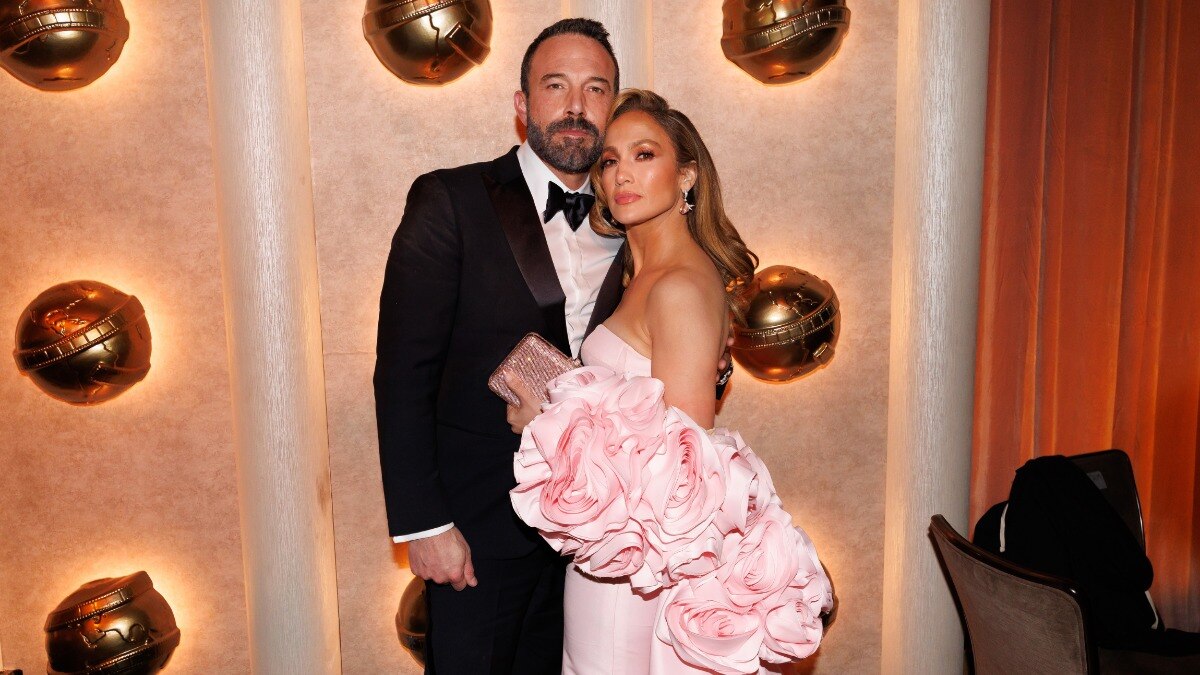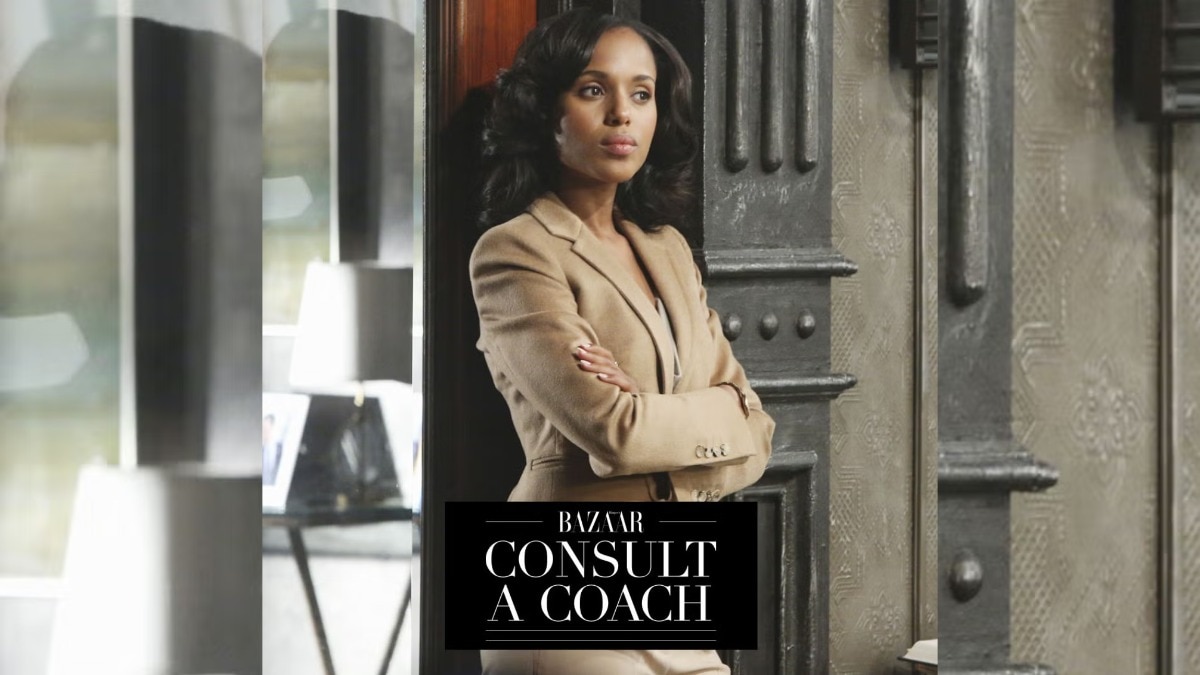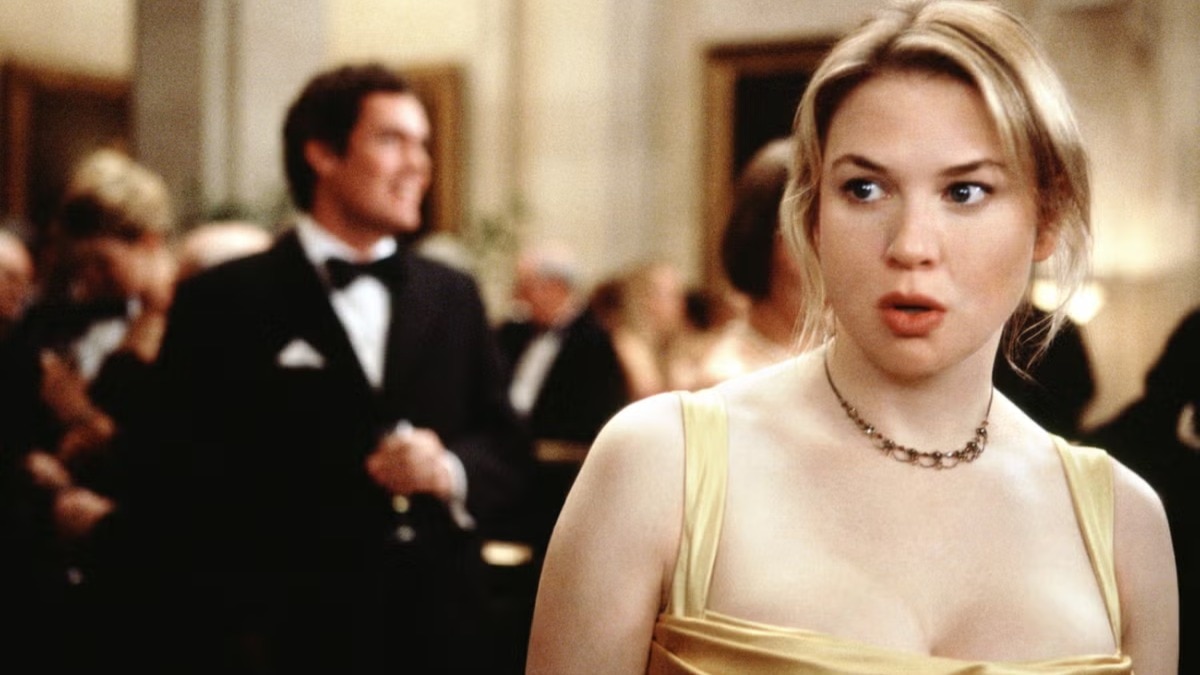The Boys: Season 4—the parenting style between Homelander and his son Ryan decoded
He might be a self-obsessed superhero, but having a son who he deeply cares for is heart-warming. But is there a hidden agenda there too?


The superheroes that we see on screen may or may not be human, but what they do display—no matter how good or evil they are—are human emotions. While one has grown to love the brutality and blood on display over three terrific seasons of The Boys, we have grown to love some of the most terrifying of antagonists simply because they are natural, they feel and go through the motions, just like all of us. In a show where superheroes don’t save the day but rather use their powers for bad, it’s the character of Homelander, the baddest of them all that audiences can’t get enough of. He may be a power-hungry psychopath who is insecure, scheming, and manipulative, but all of that makes way for the only person (besides himself) who he cares about, his son Ryan.
When it comes to Homelander, there is always more to what meets the eye. So does his parenting come straight from the heart or does it all boil down to his selfish motives (no surprises there)? Let’s find out.
Before we get to the ‘what’ is Homelander, a little bit about the ‘who’
Homelander is the leader of The Seven, a group of superheroes owned that are owned and managed by the company Vought International. In this world, they control everything—right from politics to entertainment. With a chiselled body, a smile that you can see from a mile awaym and donning a patriotic suit that has the USA flag as a cape, the blue-eyed blonde Homelander is the most popular figure of the team for he is the symbol of everything the country stands for. No one or nothing can kill him. The man is basically immortal.
The method to his madness
Homelander is one who considers himself better than the rest, like a god amongst all mortals. Over the course of three seasons, he seeks pleasure not from the bond that he shares with his many fans and followers, but from the power dynamic that exists. He craves the admiration and adoration, for his entire personality depends on being treated like the messiah. The flipside to this constant thirst for admiration—that sees him crave the spotlight—is him being very distant and distracted from the truth. And that is his coping mechanism.
What one needs to know is that there was no other way that Homelander can or will behave. He was a test subject who was injected with the chemical Compound V and raised in a lab room that was under constant observation. He was not made for love or relationships but was raised to be a weapon. As a baby, he never had anyone giving him affection and toys, or was raised in an environment that would benefit his development. All he had was himself, resulting in him being charge of his upbringing and learning about life through self-discovery. He could not have the time or the mental headspace to think, let alone feel as all he had to do was kill and destroy. Little did he know that his life was going to change very soon.
The fatherhood angle
Just when Homelander thought nothing would ever come in his way, his life turned upside down. At the end of the first season, audiences come to know that Homelander is the daddy dearest of a superhero kid named Ryan who also happens to be the son of his arch-enemy Butcher (Karl Urban) and wife Becca. Come season 2, we realise (due to the reasons mentioned above) how bad he is as a parent as he starts to live with Becca and Ryan. He intrudes their dinners, Ryan’s homework and playtime just to prove that he’s always present and hoping that he becomes the man that will toughen his son up.
In one of the most messed up scenes on the show, he tries to teach the kid how to be like him by pushing him off the roof as he teaches him how to fly. Nothing, thankfully, happens to Ryan (he’s half superhero remember) but the experience leads to him being terrified of his father.
Homelander is like this, a screwed-up sociopath and always has been, because, he never had a parent while growing up. Everything has always revolved around him and when things don’t go according to plan—Ryan not behaving the way wants him to—our man here gets angry pretty fast. He does go through a lot of emotions, but he never had anyone teaching him how to regulate. This, however, leads to him growing, for he now has to learn new things and figure out a way to talk, behave with and control a son that doesn’t want to be controlled (welcome to parenthood). Most of all, it sees him connect to parts of his personality that he detests the most—his human side.
Self-fulfillment and selfishness
Homelander wants to be there and do things for Ryan, not for the latter but more for himself. It is his need for a connection more than anything else. Pay close attention to the scenes between the two and you’d realise how selfish Homelander can be as he wants to leave behind a legacy and wants his son to be just like him, in a very controlling way. He does so to repair the harsh wounds left by his own upbringing. His relationship with Ryan gives him the chance to give a person all that he missed out on. This very feeling is what changes Homelander, even though it is all for himself. He advises, encourages, sets healthy boundaries, and even warns Ryan, becoming a proud parent and role model—something that he didn’t have. But even though things look good, in fact great considering Homelander is stepping out of his comfort zone, how much of his parenting is more for him and less for Ryan.
Audiences wouldn’t have to wait much to get their answers as the fourth season of The Boys is all set to stream on Amazon Prime Video on June 13.
Also read: New OTT releases to stream this June
Also read: How healthy is it for parents to be friends with their children?
Also read: How to be a good parent by being a good leader
Also read: Does your parenting style endanger your child's mental health?
Also read: Here's how positive parenting helps build strong relationships with your children
Also read: Difficult challenges parents face and how to deal with them










